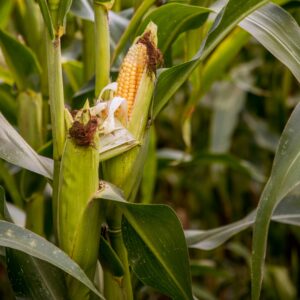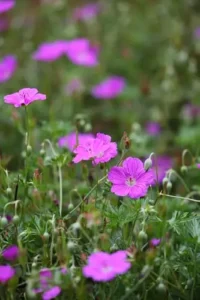An organised national agricultural organisation for the commercial farmers of South Africa
About us
The union has its origins as the former Transvaal Agricultural Union (TAU), which was established in 1897. It broke away from the South African Agricultural Union (SALU – now Agri SA) and in 2000 decided to extend its service area to include the whole of South Africa. With this decision, the named changed to TAU SA.
The objectives of TAU SA may be summarised as: To organise members of TAU SA in a united front for the benefit of commercial agriculture as a profession and the preservation of that cultural way of life.
Functions of TAU SA
Issues of importance to the agricultural community as a whole are in the hands of several committees, namely: Labour Affairs, Property Rights, Safety and Security, Energy, Conservation, Economic Affairs, Communication, Water Affairs, Education & Culture Affairs and Other. These committees function in a co-ordinate way to discuss problems and matters arising. Thereafter the necessary research and/or negotiation is done with feedback through the structure to individual members.
Several agricultural businesses and producer organisations unions are affiliated to TAU SA. Contact details of rregional representatives can be found on the TAU SA website.
Communication
Two-way communication through the structure to and from head office on communication mediums:
- Web pages – www.tlu.co.za Info regarding the services rendered by TAU SA as well as update press releases and international bulletins regarding relevant agricultural matters.
- TAU SA International Bulletins. A bi-monthly bulletin in English with facts regarding the situation in SA with its effects on agriculture and the economy. This bulletin is being sent via e-mail to several contacts abroad.
- TAU SA “Pitkos”. Every second week a “Pitkos” is sent to all members with e-mail in order to keep members updated regarding all activities of the organisation.
- TAU SA news. Advertisements/articles are placed in the different agricultural publications when regarded necessary.
- Radio Pretoria – “Protection of property rights”. 40 Minutes of airtime every second Tuesday with information regarding warnings on legislation, results and advice on agricultural matters.
- Weekly participation in programmes on community radio stations, Overvaal Stereo (Monday) and Radio Laeveld (Thursday).
- Media. Press releases and agricultural related articles are sent to newspapers, agriculture publications, radio and TV.
- Structure. Electronic communication is being promoted and is successfully in use.
Funding
Funding of TAU SA is mainly through membership fees, sponsorship by agricultural businesses as well as the successful managing of various funding projects to the advantage of members.
OTHERS
The Agri-Sector Unity Forum (ASUF), a development in 2012, is an alliance to speak with one voice on issues that face agriculture as a whole.
Formed in 2019, Saai sees itself as “the family farming agricultural network”.






